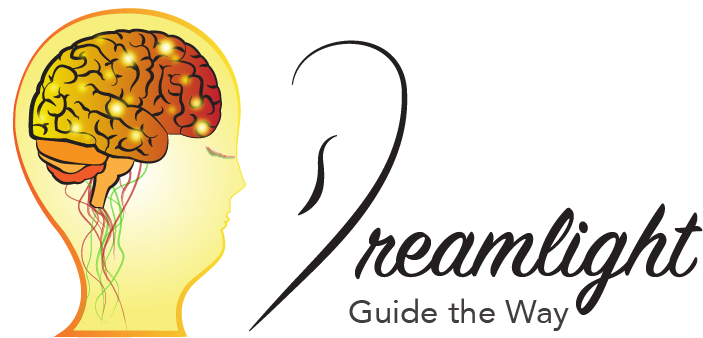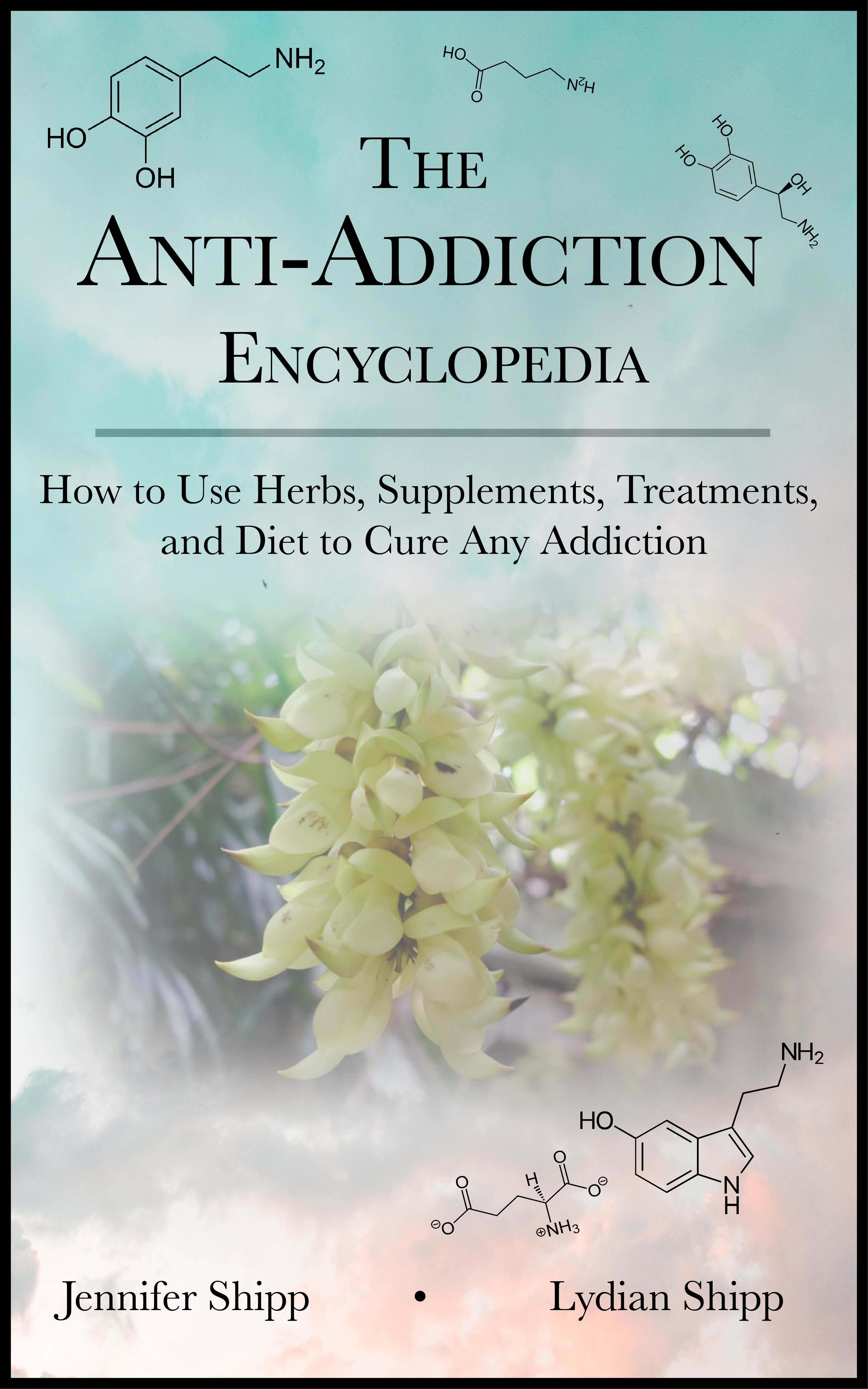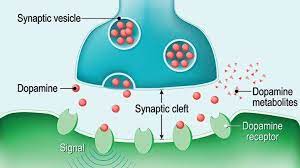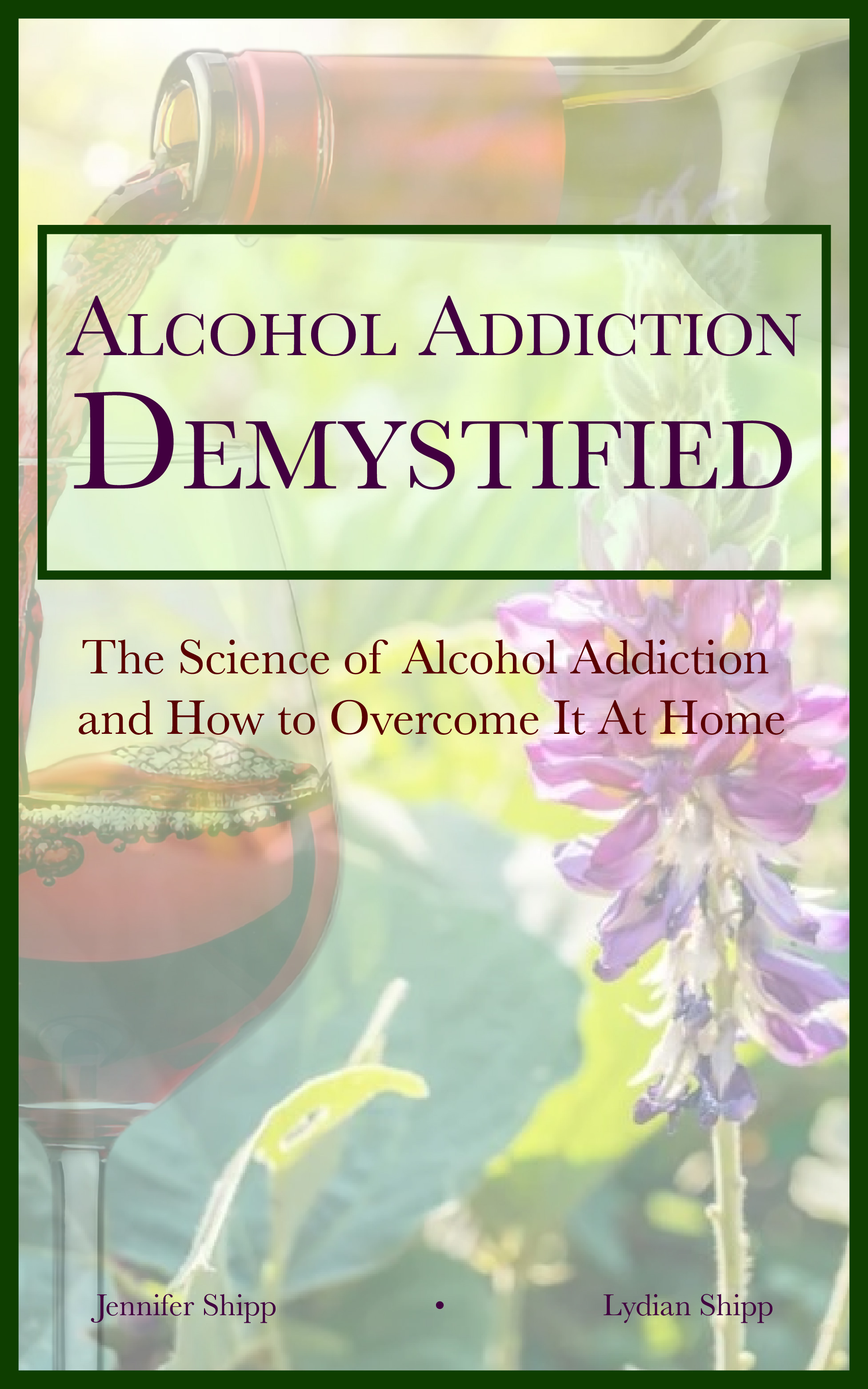What Causes Alcohol Abuse: Alternative Theories of Alcoholism that Are Based on Scientific Research
There are many theories that explain, at least in part, how and why alcohol addiction happens. The various theories that exist in mainstream culture today can be helpful or harmful depending on a person’s specific situation. In any case, though, no matter what, people with alcohol addiction have a model that they use to describe why they’re addicted to alcohol even if that model doesn’t really make sense and even if the model isn’t all that helpful to them. In this article, we’re going to describe some of the models for why alcoholism happens that are helpful to people who want to quit drinking naturally.Click here to read about how to safely detox from alcohol at home. Click here to read about nutritional supplements and herbal remedies for alcoholism home care.
The theories that explain how and why alcohol addiction occurs can be used to create models of addiction that in turn, can be used to develop treatments for alcoholism. For example, a scientist, psychologist, doctor, or someone who works at a halfway house, etc. might begin to notice that people who are addicted to alcohol share certain behaviors or traits in common. Based on these observations, scientists might then develop experiments and research to prove / disprove whether the behaviors and traits can produce predictable results when the behaviors/traits are provoked in a specific way. If the behaviors or traits can be provoked in a predictable way, scientists try to develop a theory about how and why those behaviors or traits exist in alcoholics.

Click here to schedule a health coaching session with us.
Many of the theories about alcoholism exist because of specific treatments that work to help people quit drinking. Naturally, if a treatment works fairly reliably to help people stop drinking, scientists become curious about why that’s the case. Scientists can work backward from a “cure” or from a useful treatment to try to discover the cause of alcoholism. In real life though, there are many causes and each person has a different internal and external milieu that leads them to alcohol addiction. Nonetheless, the theories and the models can be helpful to people who are trying to treat alcoholism at home because alcoholics can recognize some of their own patterns in terms of drinking and have a sense of which model or models of alcoholism would be most useful to them.Models of alcoholism are usually, but not always associated with treatments for alcoholism. Some models, of course, exist only to negatively judge a person who struggles with alcohol addiction. Other models set the alcoholic up as a victim who can never overcome their problem. The “disease” model of alcoholism is, for some people, an excuse to keep drinking. This model views alcoholism as a physical disease that’s caused by an unknown bodily health problem that is untreatable and not curable. Though there is quite a lot of information out there today scientifically about physical health problems that lead to alcoholism, the disease model of alcoholism is still mostly focused on the idea that the physical problem that causes the addictive behavior is unknown. As such, because this model does not suggest a treatment or a cure for alcoholism, only the idea that there is a physical cause for alcoholism as a disease, it can be detrimental and not especially helpful.
Sometimes theories like this exist because it serves Big Pharma or the Drug and Alcohol Rehab syndicate. This is not to say that drug or alcohol rehabilitation facilities are all bad, but rather that they exist to serve their own interests (profits). Some drug or alcohol rehab facilities are less focused on profit than others and, we have to point out that though a drug or alcohol rehab facility may be heavily focused on profits, there are often people who work at these facilities who are truly interested in helping the patients they’re working with. Nonetheless, if you’re addicted to alcohol or if you have a loved one who is addicted to alcohol, it’s important to note that if you encounter discouraging “models” of alcoholism that exist to make you lose hope rather than to help you find a cure, it’s best to move on to a different model of alcoholism. There’s no value in studying a model that offers no hope for a cure. That’s an empty pursuit especially when there are plenty of models out there that assume that alcoholics can recover completely and lead happy lives free of addiction and mental and physical illness.

Click here to subscribe to the DreamLight.app, a brain entrainment, guided meditation tool to reduce stress and overcome trauma.
There are studies today showing that there is a compelling link between insulin resistance, blood sugar levels, and alcoholism. This is a model of alcoholism that acknowledges that indeed, there is a physical disease-component associated with the addictive cycle in alcoholism. In fact, this model of alcoholism, which is technically the alcoholism-as-disease model, yields some important herbal remedies for alcohol addiction that can be extremely useful for those who wish to do alcohol detox at home. In fact, the insulin-resistance model of alcoholism explains to some extent why Pueraria lobata / Kudzu (and other herbs) are so helpful in being able to naturally reduce how much alcohol a person drinks.While there are a number of studies showing that disturbed insulin sensitivity and insulin resistance play a role in alcohol addiction, there are plenty of studies disputing this data as well. Major contradictions and strongly opposing views of insulin resistance and alcoholism cause us to take note because there’s either a deeper, more important facet to the data that is being overlooked or, there’s a political reason, usually related to profits, that compels Big Pharma to want to cover up truth by setting up fake scientific research to contradict and oppose certain findings. To learn more about how Big Pharma does this kind of research and sets up political firewalls in order to cover up things like cures for cancer, read G. Edward Griffin’s book World Without Cancer (there are several places online where you can download this book for free).
Click here to subscribe to the Living Database!
It’s important for people who are planning to do alcoholism recovery at home to keep an open mind about the various models of alcoholism and the treatments that are connected to these models. For example, many alcoholics don’t necessarily want to think about trauma as an underlying cause for drinking. Perhaps there is a known trauma that is extremely unpleasant for the alcoholic and that traumatic experience is something the alcohol addict doesn’t want to acknowledge or revisit (note, by the way, that trauma therapies do not usually involve a lot of talk and often patients do not need to remember the trauma at all in order to release it). Or, the alcoholic may not be able to recall anything that was so traumatic that would lead to alcoholism. In any case, the idea that trauma and alcoholism are related may be something that an alcoholic resists, but to their own detriment. Please make sure to read a bit more about trauma and addiction below to better understand how trauma will play a role in recovery from alcoholism at home and what to do when its time to seek out trauma therapy for alcohol addiction.
Click here to do a free trial of EMDR online.
In reality, exposure to trauma can cause physical disease. As such, trauma can lead to health issues like insulin resistance. This isn’t a mainstream thought, but it is scientifically proven even though popular culture doesn’t embrace it. People who are willing to accept the mind-body connection and the idea that trauma (when it is not properly released), can cause physical manifestations of disease (including cycles of addiction), will have certain advantages in treating alcoholism naturally at home. But accepting the model of alcoholism-as-a -physical-disease and also accepting the idea that trauma and alcohol addiction are related opens up more pathways in terms of treatments. And accepting some of the other models that exist that also provide legitimate treatment methods opens additional doors through which an alcoholic might pass in order to move on to a better way of life and a more sane way of living quickly.The biology of our belief is important in overcoming alcohol addiction at home. Many alcohol addicts feel relieved to know that there are powerful herbs and treatments that can help them through the process of alcoholism recovery for a painless alcohol withdrawal. Indeed, the fact that these herbs exist to help people with the very problem of alcohol addiction gives people with this addiction the ability to reconnect directly with nature, a step that is intimately tied into the spiritual rebirth of a full recovery from alcoholism.

Click here to buy The Anti-Addiction Encyclopedia.
Resources:

 There are a number of factors that contribute to the development of alcohol addiction but the three most compelling theories involve dopamine deficiency, insulin resistance, and exposure to trauma.
There are a number of factors that contribute to the development of alcohol addiction but the three most compelling theories involve dopamine deficiency, insulin resistance, and exposure to trauma.
 Alcohol Addiction Demystified: The Science of Alcohol Addiction and How to Overcome It At Home - BUY HERE!
Alcohol Addiction Demystified: The Science of Alcohol Addiction and How to Overcome It At Home - BUY HERE!









